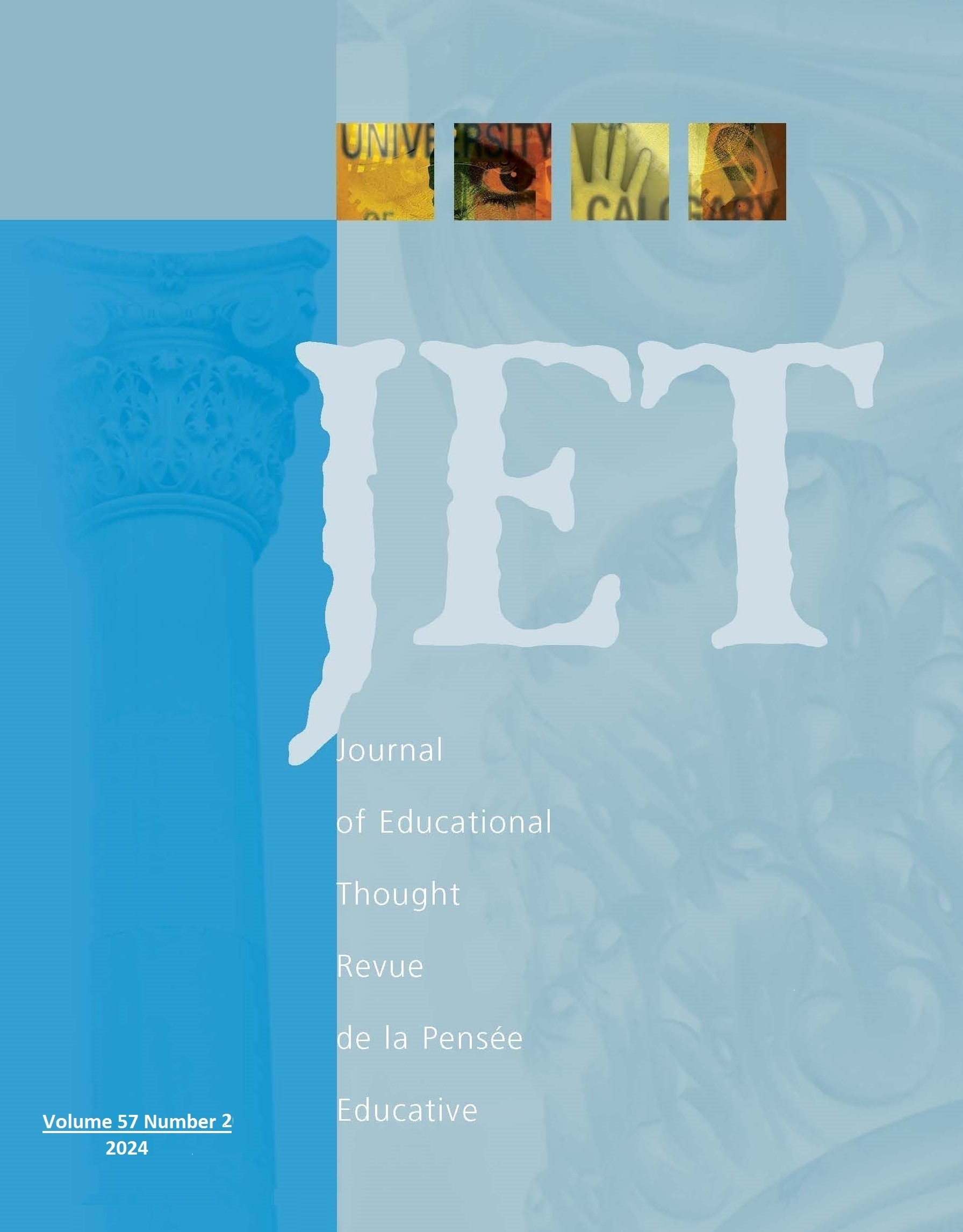Reflections on Women’s Empowerment and Rights in John Stuart Mill’s the Subjection of Women
DOI :
https://doi.org/10.55016/ojs/jet.v57i2.80572Résumé
Abstract: The Subjection of Women is a powerful statement of J. S. Mill’s feminist philosophy and a passionate application of his theory of individuality, freedom and justice to the cause of women’s empowerment. Mill was a supporter of women’s political, social and economic rights and an advocate of equal opportunities. In this article, I offer a description and an assessment of Mill’s feminist views focusing mainly on a particular passage in The Subjection of Women that has generated a heated scholarly debate. The article is in three parts. In the first part, I show that Mill is a liberal feminist who applies the key tenets of liberalism to his theory of gender equality. For Mill, the betterment of women’s position is indispensable to social development and progress. The second part discusses the passage in The Subjection of Women where Mill suggests that the current sexual division of labour in the family is the most suitable arrangement between the two spouses. In the third part, I assess Mill’s views and identify some key points concerning his feminist thought and strategy. I argue that we must adopt a holistic approach to Mill’s feminism and consider the historical, theoretical, and strategic dimensions of his thought. J. S. Mill contributed to women’s struggle for equality and rights with both his philosophical work and his socio-political activism. The Subjection of Women will remain one of the most important texts in the canon of feminist theory for generations to come.
Téléchargements
Publié
Numéro
Rubrique
Licence
The Journal of Educational Thought retains first publication rights for all articles. The Journal grants reproduction rights for noncommercial educational purposes with the provision that full acknowledgement of the work’s source be noted on each copy. The Journal will redirect to the appropriate authors any inquiries for further commercial publication of individual articles. All authors wishing to publish in JET will be asked to fill in and sign a Consent to Publish and Transfer of Copyright agreement.
Authors must affirm that any submission to JET has not been and will not be published or submitted elsewhere while under considration by JET.

